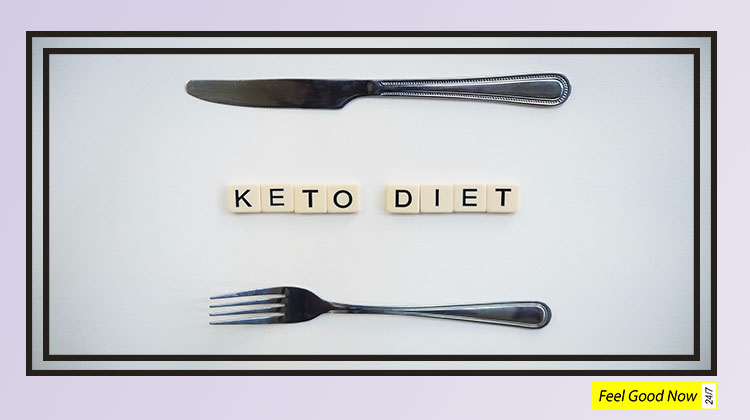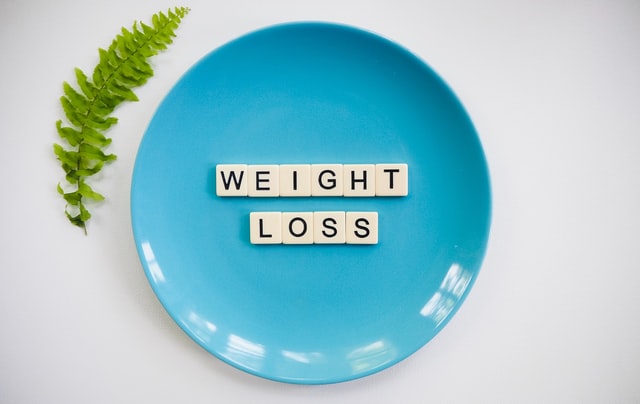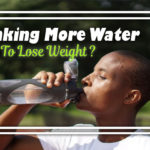
A keto diet is a diet plan where the person eats foods that provide a high quantity of fats, low carbohydrates, and adequate proteins. The main aim is to receive more calories from fat than from carbs. Should you try the keto diet? We will see in detail.
While following this diet, a person’s carbs are typically reduced to 20 to 50 % each day. Fats replace most of the cut carbs, giving 75% of the total calorie intake.
Proteins are taken for 15-30% of energy needs, while carbs are restricted to 5%. The reduction of carbs forces the body to rely on fats. Fat is the primary energy source instead of glucose, and this process of getting energy from fats is called ketosis. Food rich in protein and low in carbohydrates often grabs attention in the world of weight-loss diets. Many people use the keto diet to reduce the frequency of epileptic seizures in children.
A ketogenic diet is a medical or therapeutic diet beneficial for people with certain conditions and is not for everyone. The diet works by consuming the body’s sugar reserves, resulting in the breaking down of fat for energy. Hence, there is a production of molecules called ketones that the body uses for fuel. When the fat is burnt in the body, it leads to weight loss.
What do you eat on the Keto Diet?
The Keto diet is a high-fat diet where the meal is 70 or 80% fat, 20% protein, and 5% carbohydrates. It is not an Atkins high-protein diet.
The keto diet shifts a person from burning glucose provided by carbs to burning ketones that fat produces for energy. When this is done, exciting things happen in the body:
- The metabolism increases.
- The hunger fades away.
- The muscle mass increases
- There is an improvement in blood pressure and heart-borne diseases.
Why will eating fat help you burn fat?
Our bodies adapt to times of abundance or scarcity by shifting from carbohydrate to fat metabolism.

When we eat fat, it does not make insulin go up, as seen when one eats carbs or proteins. Thus, the keto diet does not spike insulin, and fat is not stored. The diet burns fat and creates ketones, an effective and efficient metabolic jolt.
Should you try the keto diet?
Some of the things that you need to consider before doing the keto diet:
- Morbid Obesity – Keto diet can be effective if you have insulin resistance without type 2 diabetes or if your body mass index is over 40. The diet is used as a short-term strategy to reset your metabolism.
- Type 2 Diabetes – While on the keto diet, the person’s diabetes is reversed in up to 60% of the cases. With a decrease in weight, the need for insulin decreases in some persons, and they no longer need oral hypoglycemic drugs. The keto diet is easy to follow than the calorie-restricted diet or protein-sparing modified fast.
Thus, the ketogenic diet is usually used in treatment-resistant epilepsy. The condition of a person suffering from neurological disorders improves. The Keto diet benefits people with Alzheimer’s, autism, or brain cancers like glioblastoma.
Before going for a keto diet, it is advisable to consult your doctor or health professional, who can guide you better.
Who should not do the Keto Diet?
The Keto diet depends on the condition of each individual. Some people can maintain the diet for decades, and others cannot do well. For example, if a person overeats fat and few carbs, he can lose too much weight.

A Keto diet might be risky for you if you are thin, have an eating disorder, or suffering from specific metabolic issues. Kids should not be put on a keto diet unless they have type 2 diabetes and are overweight.
Is the Ketogenic diet safe long-term?
There is not enough data to prove that the keto diet is safe. This diet will help your body system out of metabolic crisis and put you in a healthier state if you’re overweight or diabetic.
While you are on a keto diet, eating whole, natural, or fresh foods and including non-starchy vegetables is recommended. Intake of frozen food is okay, but it should not be processed.

Conclusion
People trying to manage a health problem or disease should consult a doctor, dietician, or trusted healthcare provider. They should also check if they have diabetes, heart disease, hypoglycemia, or other health conditions. Whatever diet plan you follow, whether a keto, Mediterranean or low-fat diet, the quality of food you eat matters the most.
You may like:
- 8 Best Yoga Poses To Lose Belly Fat
- Covishield vs Covaxin vs Sputnik V: A Quick Comparison
- Best Outdoor Activities To Relieve Stress
- Effect Of Sugar On Brain And Body
- Does Drinking More Water Help You Lose Weight?
- How to Meal Prep Healthy School Lunches
Author Profile
- Loves writing on health, home, and personal development topics.






Any comments?